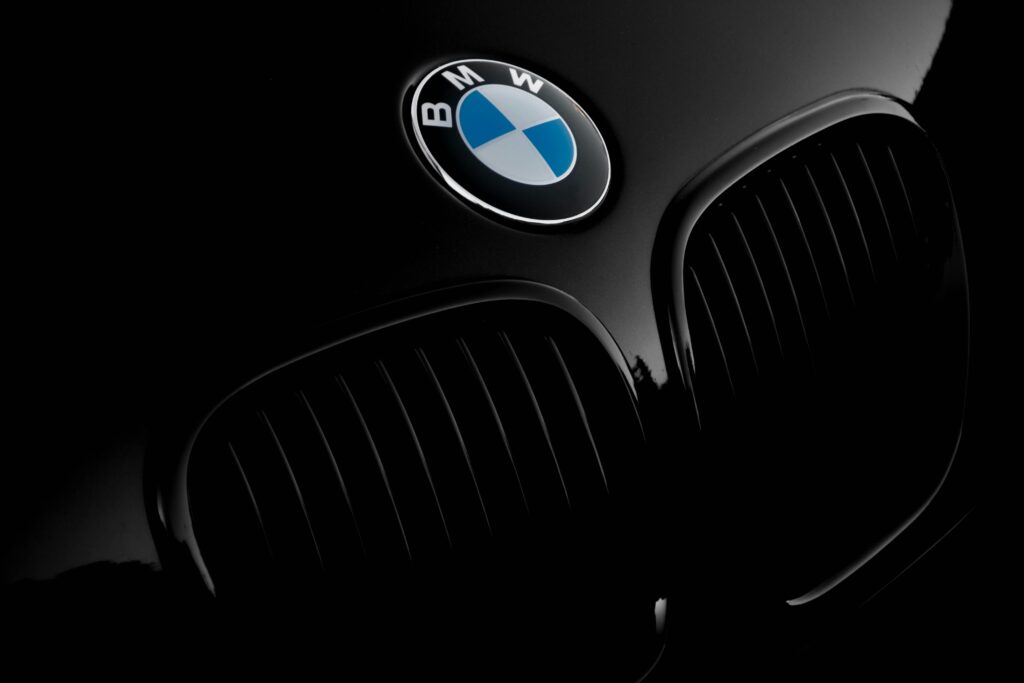Tariff cuts conditional on EU legislation
The United States will continue imposing a 27.5% tariff on European cars until the European Union begins the formal process of lowering duties on US goods. According to the framework agreement released Thursday, Washington is prepared to reduce its levy on EU vehicles and parts to 15% once Brussels tables the required legislation.
Agreement announced in Scotland
The deal was unveiled on 27 July following talks between Donald Trump and European Commission president Ursula von der Leyen at Trump’s golf resort in Turnberry, Scotland. The framework outlines commitments from both sides, including the EU’s promise to scrap tariffs on all American industrial goods and to widen access for US agricultural and seafood products. In return, Washington pledged to apply a 15% tariff to most European imports, covering sectors such as cars, semiconductors, pharmaceuticals, and lumber.
Relief dependent on EU’s next steps
US officials signaled the tariff reduction could be enacted within weeks, provided the EU acts swiftly. “As soon as the legislation is introduced – not passed, just introduced – relief can begin,” one official said. The joint statement specifies that duties on European cars will only be cut “from the first day of the same month in which the EU’s legislative proposal is introduced,” and stresses that the measures must align with the framework agreement and secure approval from member legislatures.
European leaders voice concerns
The trade pact has drawn mixed reactions in Europe. French prime minister François Bayrou denounced it as a day of submission for Europe, while Spanish prime minister Pedro Sánchez expressed only cautious support, arguing the deal would have minimal economic benefit for Spain given its limited reliance on the US market.
Industry responses divided
Reaction from business groups on both sides of the Atlantic has also been split. Spain’s Federation of Food and Beverage Industries welcomed the avoidance of a wider trade conflict but criticized the penalties on its exports. In the US, the Distilled Spirits Council warned that the agreed 15% tariff on European spirits could cost more than $1bn in retail sales and eliminate up to 12,000 jobs. “We are disappointed that tariff-free trade for spirits was not secured,” said Chris Swonger, the group’s president and CEO.



